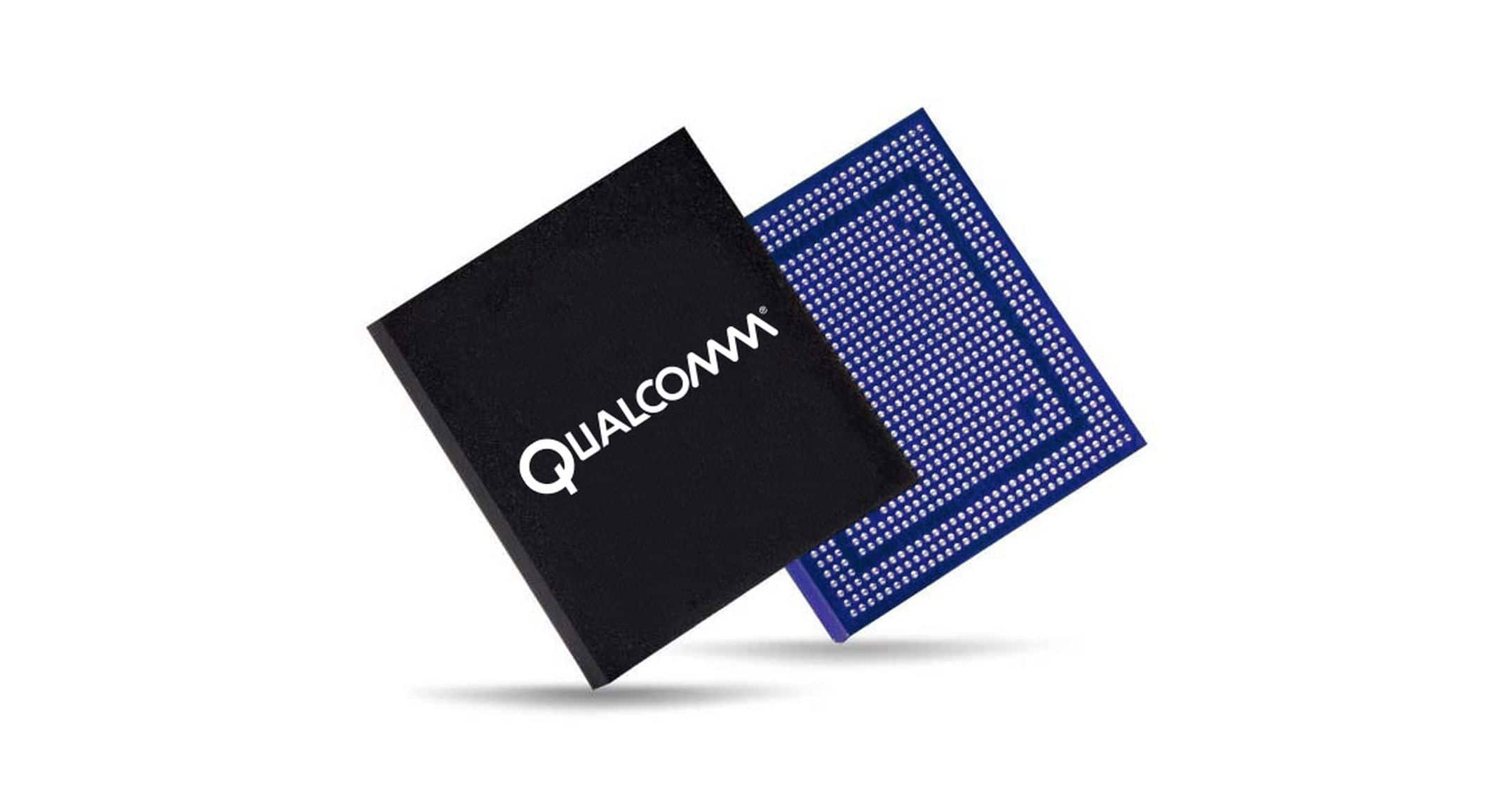
Qualcomm has formally rejected Broadcom’s US$105bn acquisition offer, kicking off what would be the largest technology takeover battle in history.
Qualcomm recommended shareholders spurn the deal, saying it’s an opportunistic move by Broadcom to buy the wireless-chip maker on the cheap. Qualcomm also said the transaction may face regulatory scrutiny that would cast doubt on its completion.
“It is the board’s unanimous belief that Broadcom’s proposal significantly undervalues Qualcomm relative to the company’s leadership position in mobile technology and our future growth prospects,” said Paul Jacobs, executive chairman of Qualcomm, in a statement.
Broadcom CEO Hock Tan on 6 November offered $70/share in cash and stock for Qualcomm, seeking to build a powerhouse that leads the market for wireless chips in devices like Apple iPhones. Even before the rejection, Tan and his advisers were preparing to wage a proxy battle in which they appeal directly to Qualcomm investors.
Buying Qualcomm would reshape the chip-making industry, transforming Broadcom into the third largest semiconductor maker behind Intel and Samsung Electronics. The combined business would instantly become the default provider of a set of components needed to build each of the more than a billion smartphones sold every year. The deal would dwarf Dell’s $67bn acquisition of EMC in 2015 — then the biggest in the technology industry.
Tan, who has built Broadcom through a series of transactions that have helped reshape the $300bn semiconductor industry, has previously been able to pull off deals with friendly approaches. Acquiring Qualcomm is further complicated by his target’s own push to close a more than $40bn purchase of NXP Semiconductors. That purchase is being held up by regulatory approval. Tan said his offer for Qualcomm stands with or without Qualcomm’s acquisition of NXP.
Qualcomm stock, which rallied on the report of the offer, has traded below the bid price on scepticism that a transaction can be completed. The shares ended last week little changed this year at $64.57. That compares to a 50% rally by Broadcom’s stock and a 44% surge by the benchmark Philadelphia Stock Exchange Semiconductor Index. — Reported by Ian King, (c) 2017 Bloomberg LP




